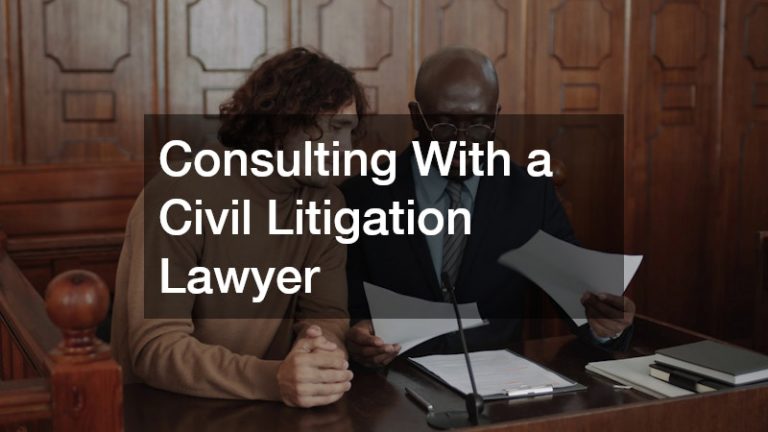

If you’ve experienced injury at work, you’re probably wondering how to balance your own needs — medical expenses, recovery time and so forth — with the demands and concerns of your employer. But you should remember that the law is on your side in many cases, and employers have a responsibility to maintain a safe working environment. Here are the four things you should always keep in mind regarding workplace injury:
- Document Safety Risks
This actually begins before you or anyone else has experienced injury. If you notice safety hazards in your workplace — which might range from serious OSHA violations to deteriorating steps outside — make an official report, complete with pictures or other evidence. The first hope is that your employer will correct the problem before anyone gets hurt. But if that’s not possible, having this documentation will bolster a worker’s compensation or personal injury claim down the road. Also remember that workplace-related illness should be a concern; if you see mold, for example, that might be causing respiratory problems, your employer is required to remove it as a health risk.
- Determine the Cause
If you have an accident at work, it’s likely that employee laws make you eligible for worker’s compensation. This is a no-fault insurance that pays for your medical bills regardless of the accident’s cause. However, you should determine whether employer negligence was a factor in the accident before accepting any worker’s compensation. If your company was at fault, you should pursue compensation through personal injury law and an accident injury claim.
- Insist Upon Your Rights
A certain level of disability leave and accommodation once you return to work are part of your rights as an employee. While your employer is not obligated to continue your employment if you can’t perform your job duties, the company is required to make what is called “reasonable accommodation.” This might include measures such as installing wheelchair ramps or providing you with some specialized equipment.
- Don’t Be Intimidated
It’s unlawful for your employer to fire you or threaten to fire you for doing any of the above. If you get in trouble for making a report, filing a claim or asking for disability accommodation, then you should pursue an unfair dismissal claim. An employment lawyer can help you determine if your employer has broken the law.
What other steps should someone take if they’ve experienced injury in the course of their work? Share your advice in the comments.
Helpful research also found here: gatewaylawyers.com




